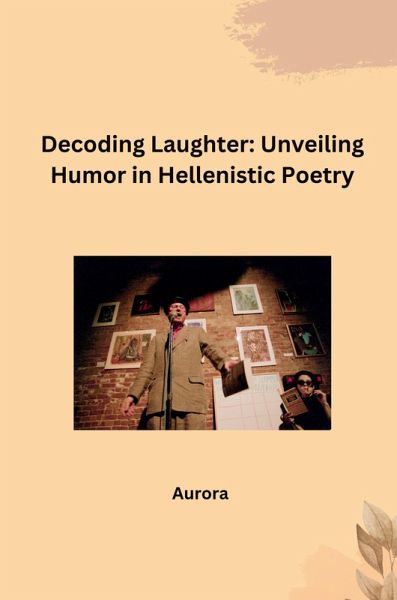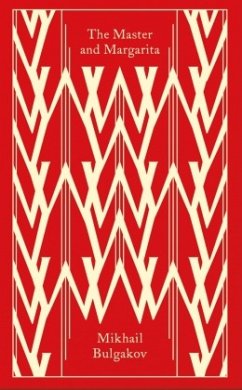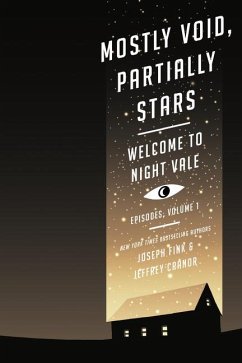
Decoding Laughter: Unveiling Humor in Hellenistic Poetry
Versandkostenfrei!
Versandfertig in 6-10 Tagen
30,38 €
inkl. MwSt.

PAYBACK Punkte
0 °P sammeln!
Hellenistic poetry isn't all seriousness. Beneath the surface lies a treasure trove of humor, waiting to be decoded. These witty poems were more than just amusement; they were imbued with the philosophies of the era. Imagine a funny story poking fun at a braggart. Through a philosopher's lens, this could be a sly Stoic message reminding us of humility. Epicureans, who valued pleasure, might have used humor to promote lightheartedness and reduce anxieties. By analyzing the laughter in these poems, we unlock a deeper understanding of the poet's worldview. It's like deciphering a secret code - th...
Hellenistic poetry isn't all seriousness. Beneath the surface lies a treasure trove of humor, waiting to be decoded. These witty poems were more than just amusement; they were imbued with the philosophies of the era. Imagine a funny story poking fun at a braggart. Through a philosopher's lens, this could be a sly Stoic message reminding us of humility. Epicureans, who valued pleasure, might have used humor to promote lightheartedness and reduce anxieties. By analyzing the laughter in these poems, we unlock a deeper understanding of the poet's worldview. It's like deciphering a secret code - the humor reveals the philosophical currents of the time. So next time you encounter a chuckle-worthy line in Hellenistic poetry, pause and ponder. The laughter might hold a hidden gem of wisdom.














